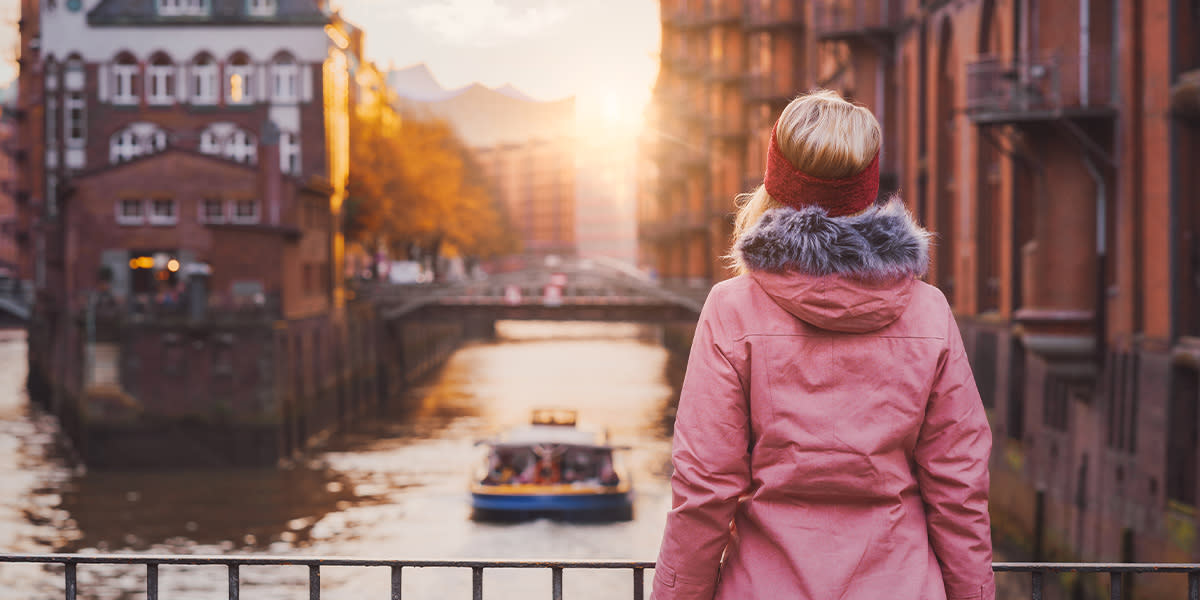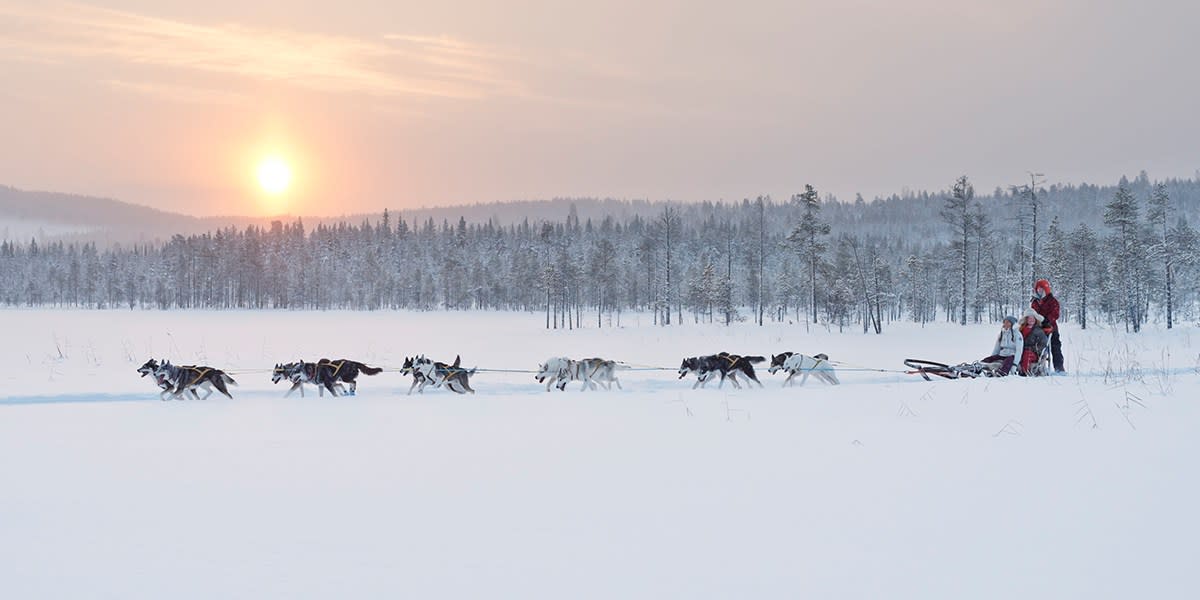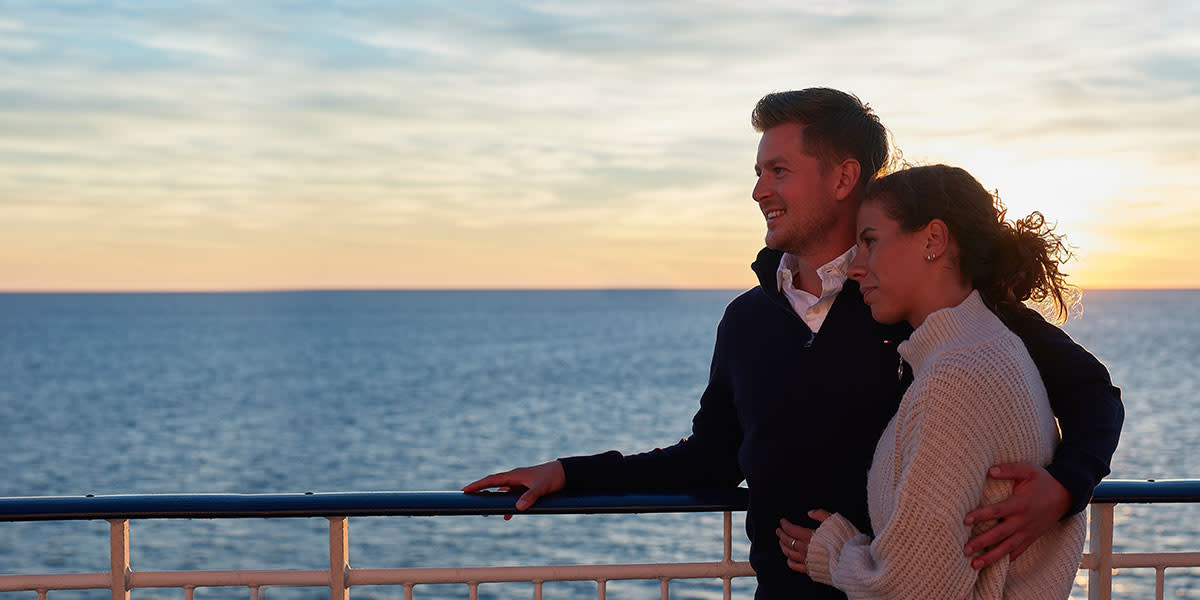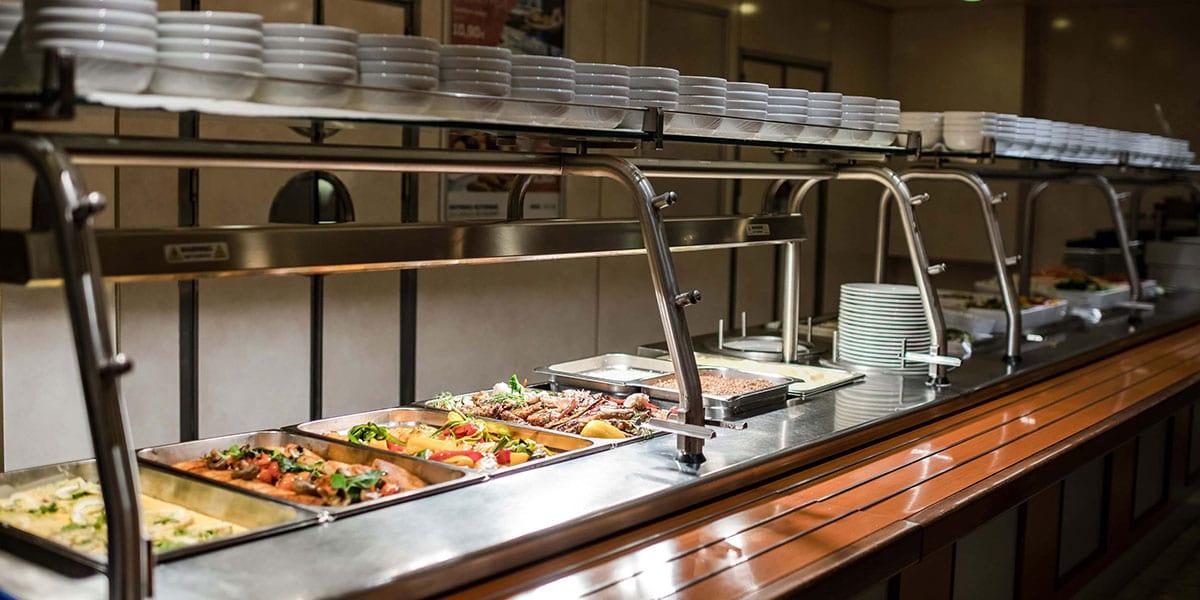
New artwork from J. Vaitkute
J. Vaitkutė's new works are provocative: will you really overcome the mountain of food on your plate?
Every day, buffet restaurants throw away a ton of food that ends up on the plates of people who haven't eaten it. The artist Jolita Vaitkutė, famous for her original works, took a different look at this problem and literally created mountains of food for the campaign of the ferry operator DFDS. The towering mountains of pies, cabbage, ham and other products invite you to think: will you really eat as much as you put on your plate?
"Good food is a necessary attribute of a good trip, so we ensure that our passengers have a wide choice of food. However, after each swim, we have to throw away a lot of food that people have put in but not overcome. We invite passengers to help avoid this - to fill their plates less and rather to repeat when they run out. These delicate but very effective works of J. Vaitkutė, who joined the initiative, are a great reminder that we should only climb mountains that match our strengths", says Vilma Songailitė, the communication and marketing manager of the leading ferry operator in Europe, DFDS.
Mountains of pies, cabbage and cheese
J. Vaitkutė, who surprises with her works from food products and often emphasizes the theme of sustainability in her works, says that it is important for her to constantly look for new angles to convey the desired message to people.
"I always want to discover a new creative point and approach a person in a different way - so that he really listens to the message being conveyed. There is a lot of talk about sustainability and the problem of food waste, and sometimes we just get used to this information, and calls to take care of the environment become so common that we no longer hear them - and we return to bad habits that harm the environment and ourselves", - says J. Kitten.
Invited to contribute to education about the problem of food waste, the artist used a play on words to embody it and created installations of mountains of food on plates.
"The problem of food waste is especially relevant in self-service restaurants, where you can eat as much as you want. Hungry people, seeing a wide selection of delicacies, load their plate full of them, but then they do not always overcome them. I started to think: we are loading mountains of food that are not suitable for our strength, but when we climb a real mountain, we evaluate our capabilities - we don't climb Everest immediately. When this parallel arose in my mind, I wanted to convey it visually to people", says J. Vaitkutė.
According to the artist, this project is very different from her previous ones. "I had a lot of creative freedom, but at first I was a bit timid myself - after all, I usually create faces, very clear objects. And mountains are a specific sight, which is not so easy to create from food, so that it is easily recognizable. In addition, the idea itself limited the scale of the work: I could not "build" mountains across the entire table, each of them had to fit on a plate", - the developer recalls the challenges.
Looking for the most suitable materials, J. Vaitkutė explored mountain peaks through the plane window, experimented with food products. In the end, four mountains of food emerged on plates over five days of ham, cheese, macaroni, red cabbage, pie, bread, marshmallows, and more. products.
Passengers on DFDS ferries in the Baltic Sea will be able to appreciate these works that carry a strong message. The photos of J. Vaitkutė's works will be exhibited on ferries sailing from Klaipėda to Kiel (Germany), Karlshamn (Sweden), as well as on ships plying between Paldiski (Estonia) and Kapellskar.
Food waste contributes to climate change
According to the Food and Agriculture Organization of the United Nations, a third of the food produced in the world each year is lost or wasted. In the European Union, food waste amounts to 88 million tons per year, and every Lithuanian annually throws away about 60 kg of food that could still be consumed
"Even though there is enough food in the world to feed all the people, but wasting it still leaves one in nine people hungry. We have the privilege of enjoying a wide range of food, but we have to do it responsibly: thinking not only about ourselves, but also about the impact of our actions on the environment", says DFDS communication and marketing manager V. Songailaitė.
Throwing away food not only wastes the resources intended for its growth and production, but the food products that go to landfills and rot there emit huge amounts of CO2 gas. According to the UN, if food waste were a country, it would be the third largest emitter of greenhouse gases in the world.
DFDS figures: emissions on ferries are about 13% food
In a responsible approach to this problem, DFDS, one of Europe's largest ferry operators, regularly measures food waste on its ships. The latest spring data of this year show that the average food waste on all DFDS ships in the Baltic Sea was 13 percent.
"We meet the "green" standards, because the global limit for food waste after cooking is 15 percent. However, this does not mean that we can relax and leave the solution of this global problem to others. We have set ourselves the goal of continuous improvement in the field of sustainability by finding innovative ways to reduce the amount of food waste in our company, while also educating our customers about it. Only all of us together will be able to create a real change, which is necessary for a cleaner future", says V. Songailitė.
According to a DFDS representative, the company is consistently improving its processes to minimize environmental impact: starting with staff training, carefully ordering food quantities, ensuring proper storage conditions and ending with creative recipe solutions.
Our routes
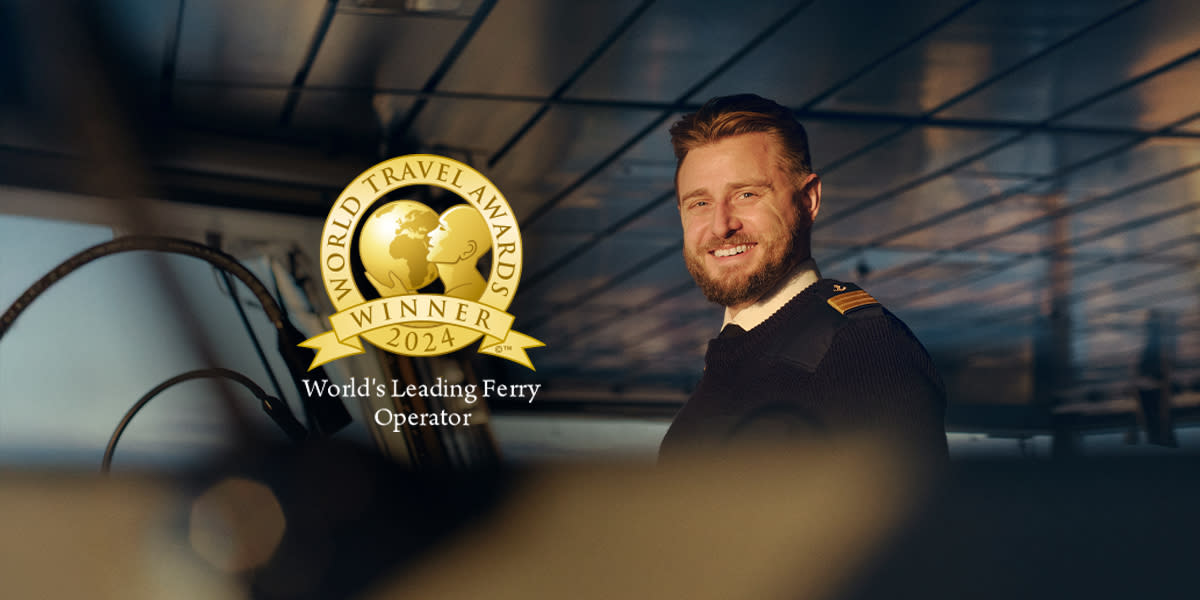
Proudly named the World’s Leading Ferry Operator
We did it! After being crowned ‘Europe’s Leading Ferry Operator 2024’ at the World Travel Awards earlier this year, we are delighted to announce we have retained our title as the World’s Leading Ferry Operator.
We were also once again recognised as having the best website in our industry – scooping both the European and World awards in 2024.
A heartfelt thank you to everyone who voted, and to our passengers, colleagues and partners who contribute to our continued success – we couldn’t do it without you all.

